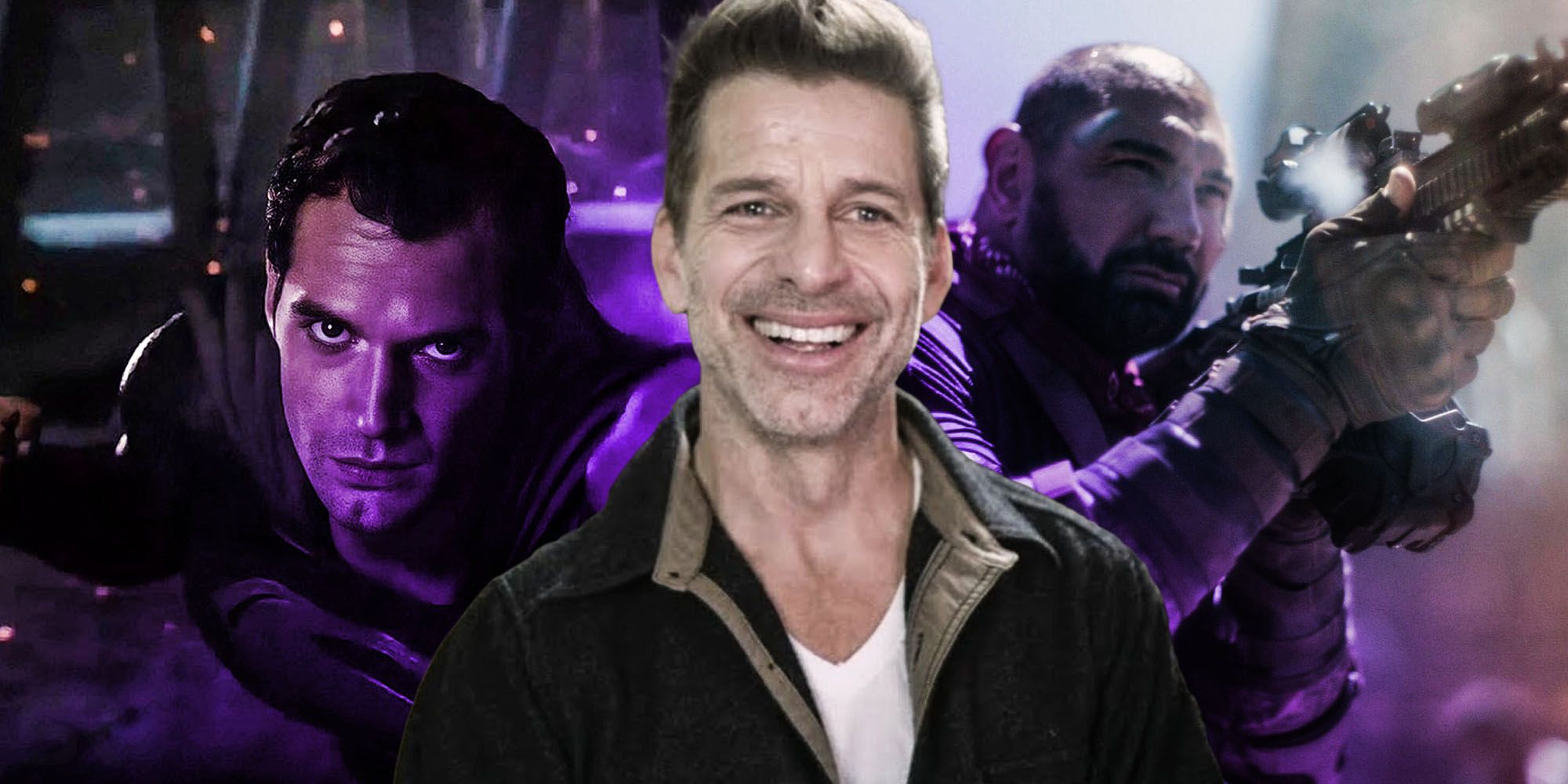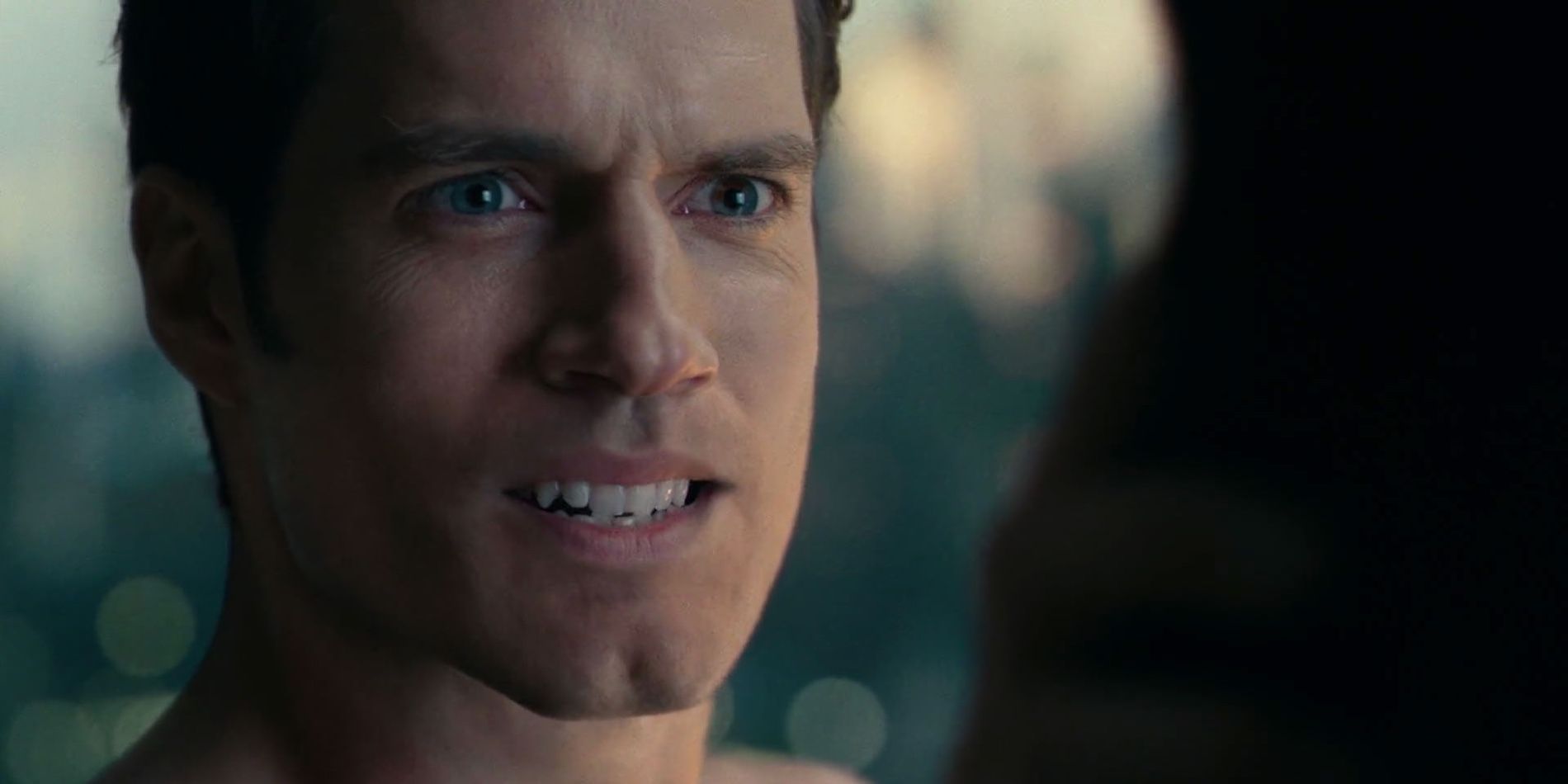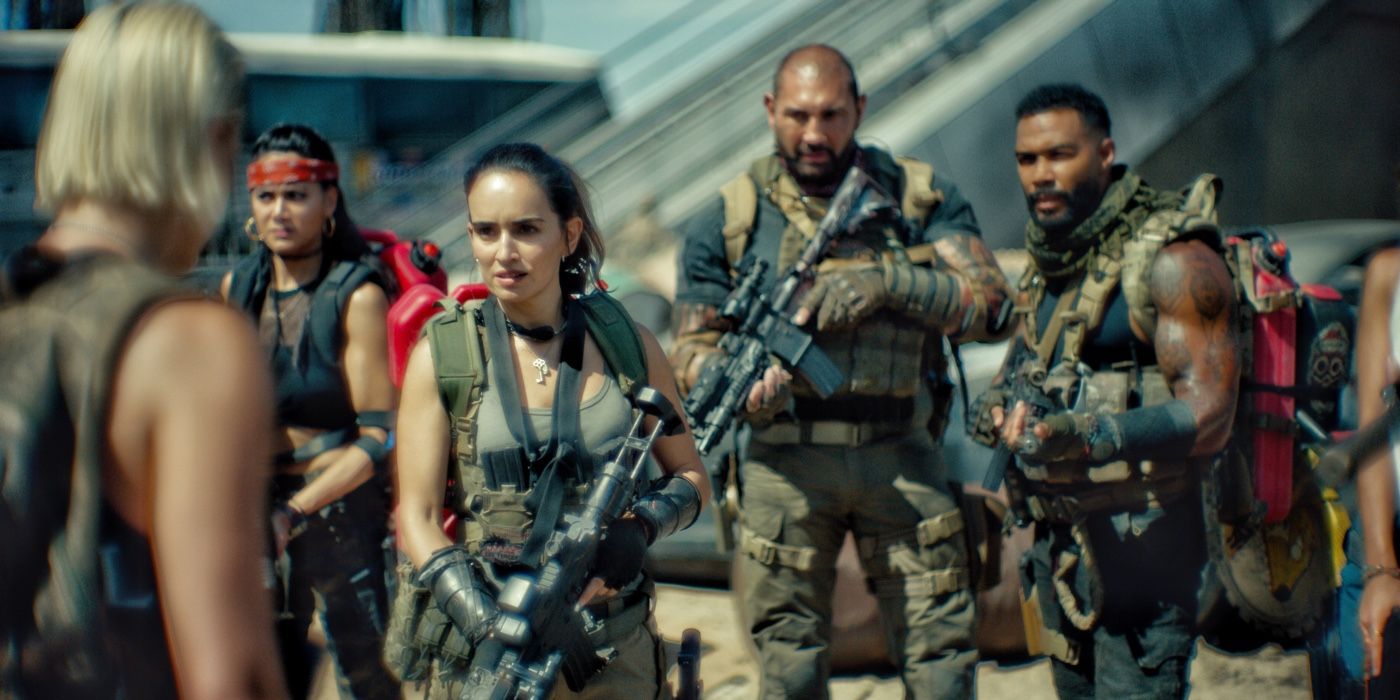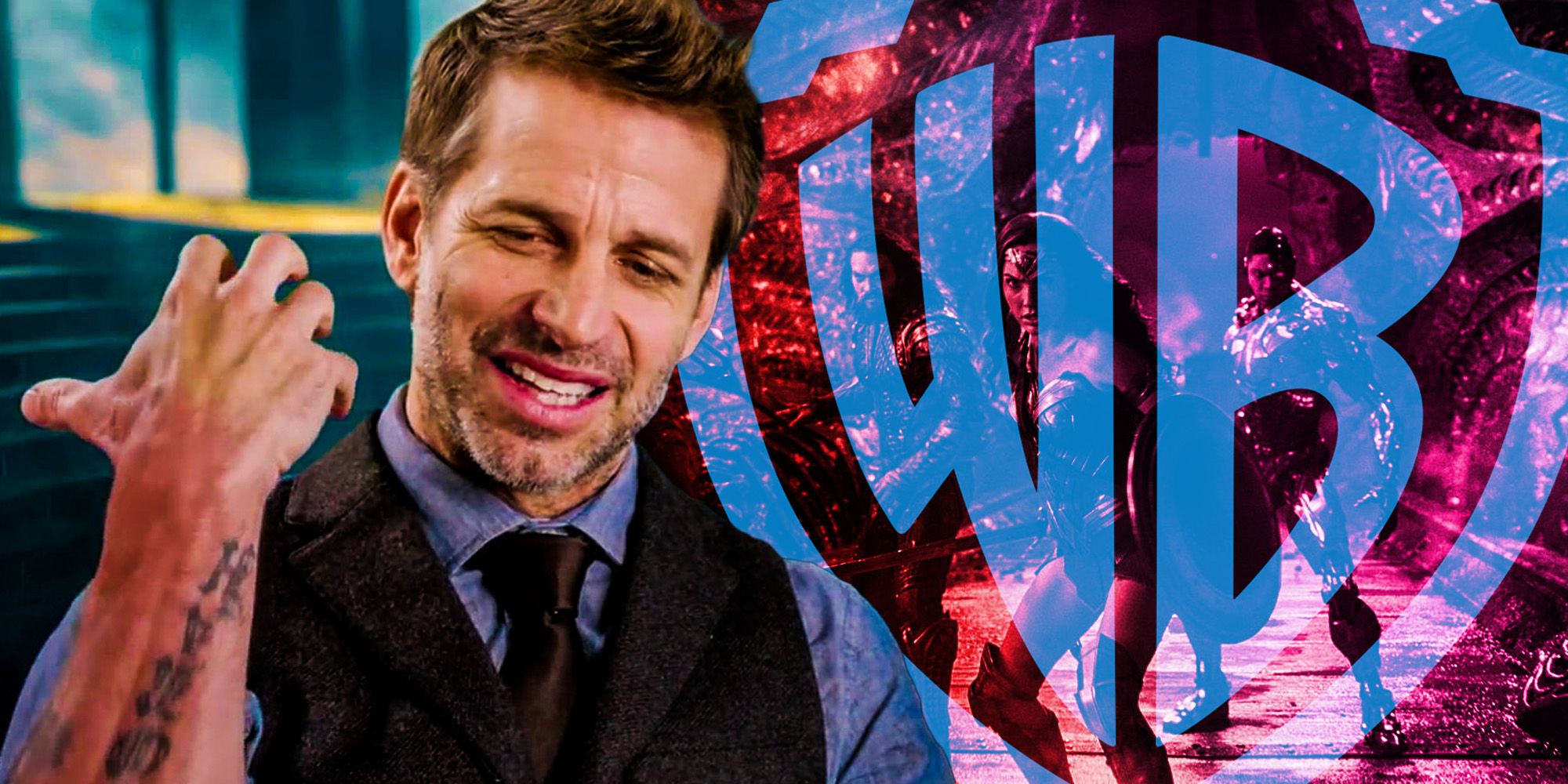As Army of the Dead lurches onto Netflix to refresh the zombie genre, it turns out the secret to a good Zack Snyder movie is letting Zack Snyder make the damn movie. In a quirk of circumstance, Zack Snyder finds himself releasing two major movies within the space of two months in 2021, the most recent being Netflix's Army of the Dead. The action-packed zombie flick find Las Vegas overrun with undead following an incident at Area 51. Though the infection and its flesh-gnawing tourists are safely contained within Sin City, Dave Bautista and his friends must reenter the fray to secure a substantial payday from a casino vault. Maybe they'll learn something about themselves along the way?
Not long before his name was attached to white tigers and rotting showgirls, Snyder was the talk of the superhero world thanks to the long, long-awaited release of Zack Snyder's Justice League. The restored and enhanced version of the DCEU team-up attained near-mythic status as fans campaigned Warner Bros. to #ReleaseTheSnyderCut, and when the 4-hour marathon finally arrived on HBO Max, the entertainment industry collectively raised a glass to Snyder's moral victory.
Both Zack Snyder's Justice League and Army of the Dead market themselves on the director's all-encompassing involvement. Not only is Snyder's name on the director's chair, he's writing, he's on cinematography, he's producing, and rumor has it that when zombie extras got lunch from catering, it was Zack Snyder under the hairnet serving fries. Until very recently, such creative freedom eluded the director, leading to some ugly feuds with major movie studios. If the past two months have proved anything, however, it's that Snyder movies really are better when the filmmaker is left to his own devices.
Zack Snyder's History With Studio Interference
Before the #ReleaseTheSnyderCut campaign kicked off in earnest, it wouldn't have been inaccurate to describe Zack Snyder as a divisive director. Everyone can broadly agree that Dawn of the Dead and 300 are pretty good, Legend Of The Guardians: The Owls Of Ga'Hoole isn't provoking daily Twitter fights, and no one's especially fond of Sucker Punch, but other Snyder releases have provoked partisan reactions for one reason or another. 2009's Watchmen is a love-it-or-hate-it-affair, although should perhaps be considered somewhat of an anomaly. Not only was Alan Moore's classic comic long deemed un-filmable, much of the Watchmen movie criticism stems from changes to the source material rather than any notable interference from Warner Bros.
Zack Snyder's studio battling history (the public domain bits, at least) begins with Sucker Punch, which the director claims was commercialized significantly without his say-so. A "Snyder cut" of the 2011 female-fronted action-fest does exist, and is grossly unlikely to be worse than the theatrical version. Snyder would endure similar problems after he jumped into the DCEU. Man of Steel proved divisive due to its dark tone and violent ending but, by all accounts, this was Snyder's call. With Ben Affleck's Batman joining the fun in Batman V Superman: Dawn of Justice, that grim aesthetic should've been 50% more on-brand, but the 2016 effort was roundly panned by critics and performed below expectations at the box office. Batman V Superman suffers from the weight of establishing a shared universe, peddles a near-incoherent plot, and did that awful "Martha" thing. Curiously, the director's cut (sorry, "Ultimate Edition") fares much better, providing an early indication that Snyder's work was better served sans studio interference.
And then the Justice League debacle happened. Following Zack Snyder's post-production departure from Justice League due to personal tragedy, Joss Whedon was hired to complete the film, but extensive reshoots morphed Snyder's Justice League entirely, creating a very different film to what the director originally intended, and ultimately triggering the #ReleaseTheSnyderCut movement. The tone and visuals were both awkwardly lightened, entire characters and storylines were shown the door, and Henry Cavill's upper lip replaced Darkseid as the main villain.
How Justice League & Army Of The Dead Are Better
Sucker Punch and Batman V Superman: Ultimate Edition already serve as proof that Snyder studio interference rarely pays, but 2021 has demonstrated precisely what Zack can do when handed full creative control. Zack Snyder's Justice League is the film we should've got in 2017. Tonally consistent, visually thrilling and more comprehensive with its characters (which you'd hope with a 4-hour running time), the Snyder cut improves upon the theatrical release in every single aspect, and the upgrade was reflected in reviews and fan reaction. Whereas Justice League debuted to a collective sigh, Zack Snyder's Justice League was the talk of the town, finding infinitely more praise, and inspiring hopes for a full-on SnyderVerse franchise.
With Army of the Dead, Zack Snyder wields creative control once again, but this time starting from scratch, rather than fixing a movie everyone hated. Nevertheless, Netflix's zombie heist ranks among the director's best. Reviews are predominantly erring toward the positive, and Army of the Dead is getting the full blockbuster treatment, despite the streaming release. All the Snyder hallmarks are there - striking visual flair, unashamed action bombast, a gritty fantasy landscape - present and correct in unadulterated, unrestricted fashion. Admittedly, Army of the Dead certainly isn't likely to change the world. Just as Snyder's strengths are on display, so too are the all-too-familiar accusations of slow pacing, weak story, and unnecessary bleakness. Crucially, however, those less glowing reviews don't even vaguely amount to the volatile reaction that plagued Batman V Superman, Sucker Punch and Justice League 2017, none of which afforded Snyder final cut honors.
Zack Snyder's Possible Future Away From Studios
Zack Snyder may be the only director to receive a director's cut via fan campaign, but studio interference itself is a tale as old as time. Under the traditional Hollywood model, filmmakers usually need studios more than any studio needs a specific filmmaker. It's Warner, Paramount, Disney, etc. laying down the cold, hard cash to get the picture made, after all, and this means directors often have little choice but to grin and bear any changes studio executives might demand.
That dynamic has shifted thanks to the rise of streaming services, and Netflix in particular. These companies have the money, but lack the reputation, history and cinematic influence of major Hollywood studios, so in order to attract names of Snyder's caliber, the likes of Netflix are more inclined to offer full creative control than, say, Warner Bros. Furthermore, the streaming distribution model is inherently more suited to creative risk-taking, focused on maintaining a constant stream of new content rather than relying on a handful of annual tentpoles.
While still rare, relatively speaking, filmmakers are increasingly making the switch from major studios to streaming via exclusivity deals. David Fincher, for example, is currently in a multi-year arrangement for Netflix, working on Mank, and Love, Death & Robots. Reports suggest Snyder has similar deals on the table from both Netflix and HBO Max. If creative freedom is his priority and Army of the Dead staggers to undead success, Snyder could be tempted to abandon the major studio model for a more fruitful partnership in the streaming realm. And who could blame him?




